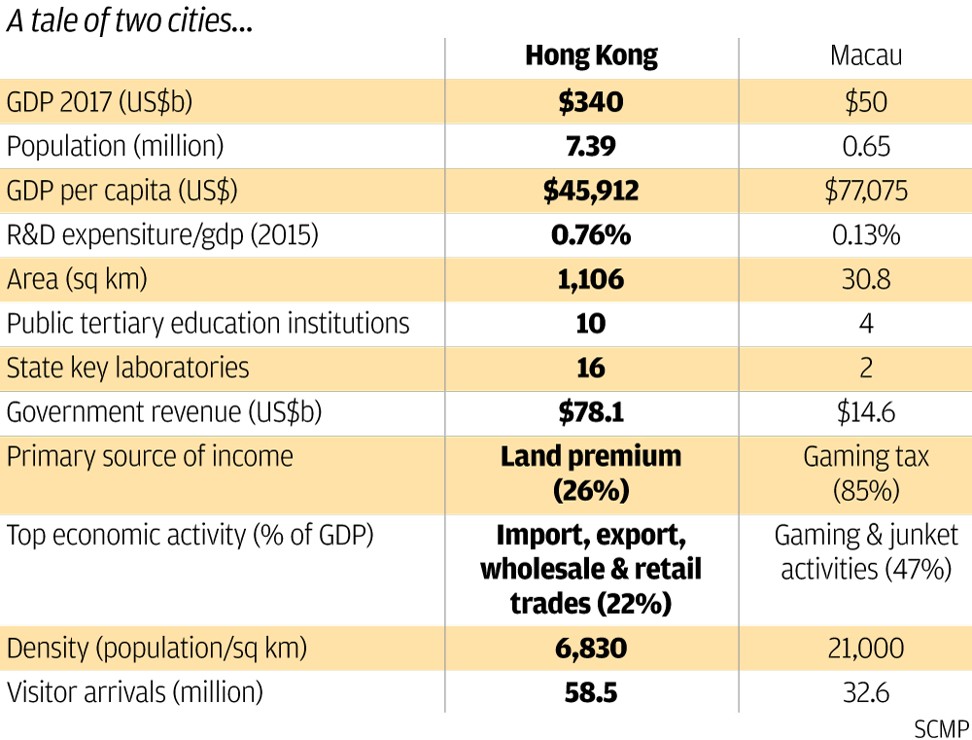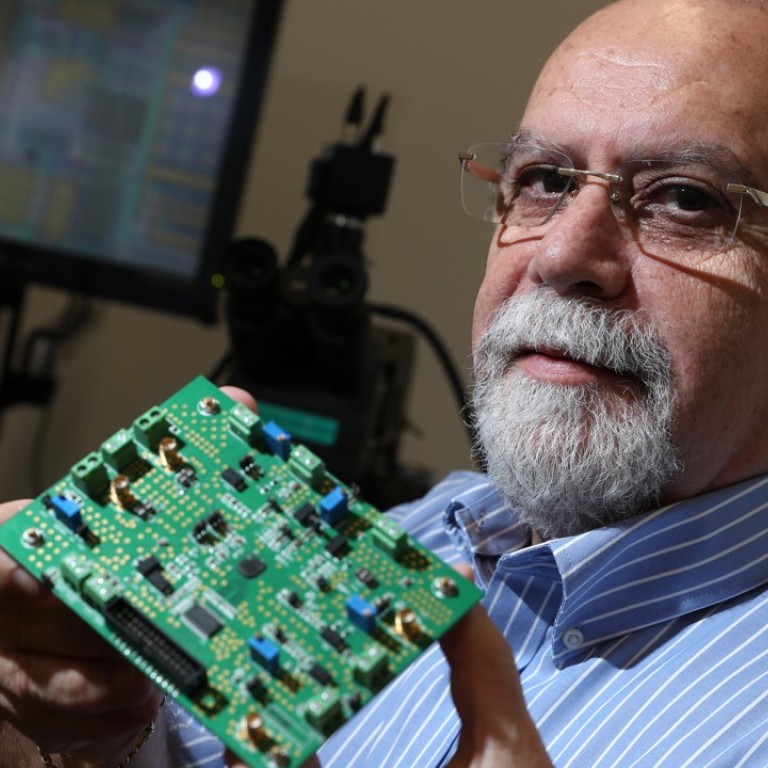
Macau, ‘Las Vegas of Asia’, trades in casino chips for microchips as part of China’s tech ambitions
It might be known more for its games of chance, but behind all the neon there is work being done in state-level laboratories that could provide a game-changing push in Beijing’s bid to challenge the US in technological superiority
With its skyline at night awash in fantastic neon colours, complete with its landmark Macau Tower, the iconic Grand Lisboa hotel and a replica Eiffel Tower, it is no wonder the city is known globally as the “Las Vegas of Asia”.
But behind the glitz and kitsch of China’s casino city, strait-laced scientists are spending long nights in Beijing-backed laboratories working to help the country become less reliant on foreign technology. Their latest project is a microchip that will allow smartphones to recharge batteries in other gadgets.
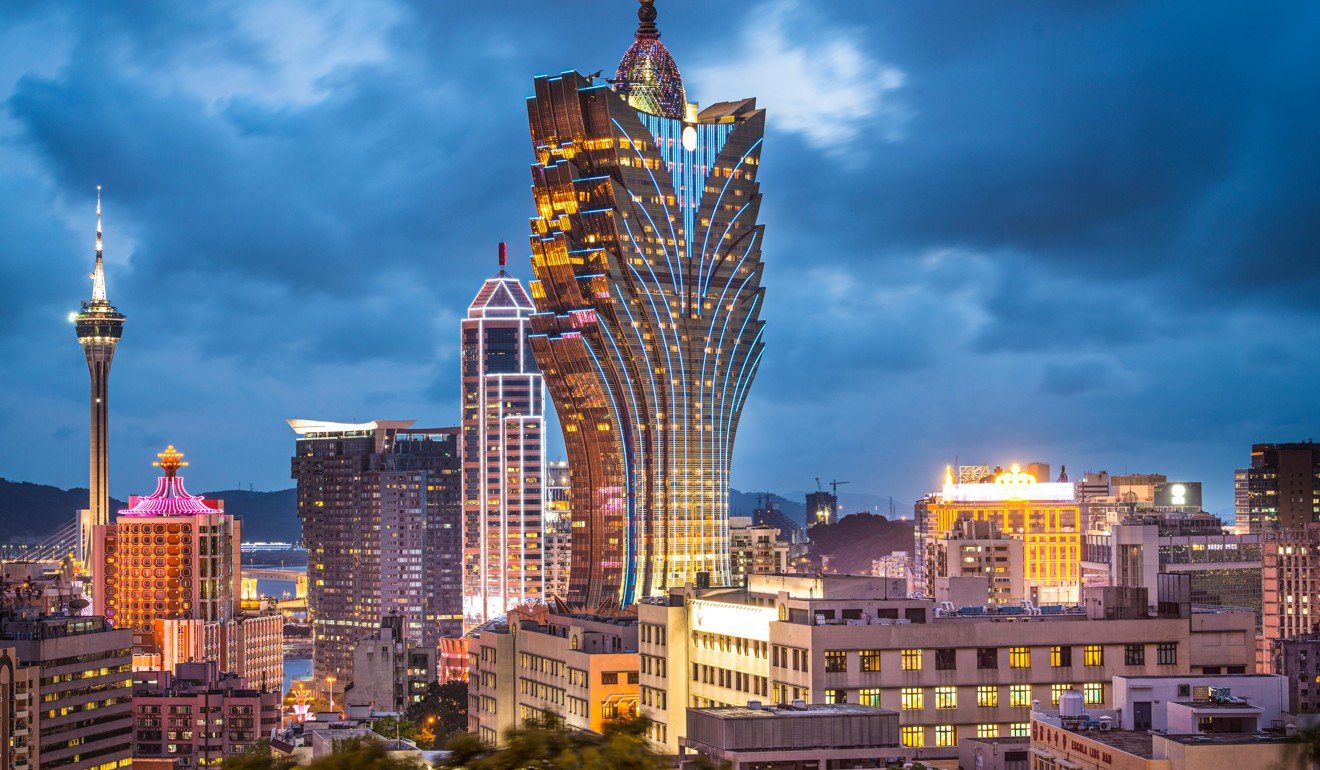
“Macau is best known for its casino chips, now it is also known for its electronics chips,” said Rui Martins, the vice-rector for research at the University of Macau, which plays host to the city’s two State Key Laboratories – institutes that China relies on to conduct scientific research crucial to national development.
Macau money chiefs order UnionPay clampdown over illicit mainland China cash fears
The former Portuguese enclave is most famous as the world’s gambling capital, but on the outskirts of the Cotai strip, there are several laboratories that could provide a game-changing push in China’s ambition to challenge the United States’ technological superiority in areas ranging from chips to the cosmos. They could also help the city in its struggle to fulfil Beijing’s wish to diversify its economy, which is heavily dependent on gaming.
Last year, the Macau government’s total revenue was US$14.6 billion, and 85 per cent came from taxes from gaming.
The state laboratories in Macau have been focusing on micro-electronics and Chinese medicine since 2010.
The city could be setting up two more state-level labs this year, as Beijing is set to approve a lab on smart cities and the Internet of Things at the university, as well as another on planetary science at the Macau University of Science and Technology.
Greater Bay Area leader calls on Guangdong province cadres to take bold steps in cooperation with Hong Kong and Macau
Martins, who also leads the University of Macau’s micro-electronics lab, said his colleagues had been training Chinese researchers to develop independent innovation, rather than use reverse engineering to replicate imported chips.
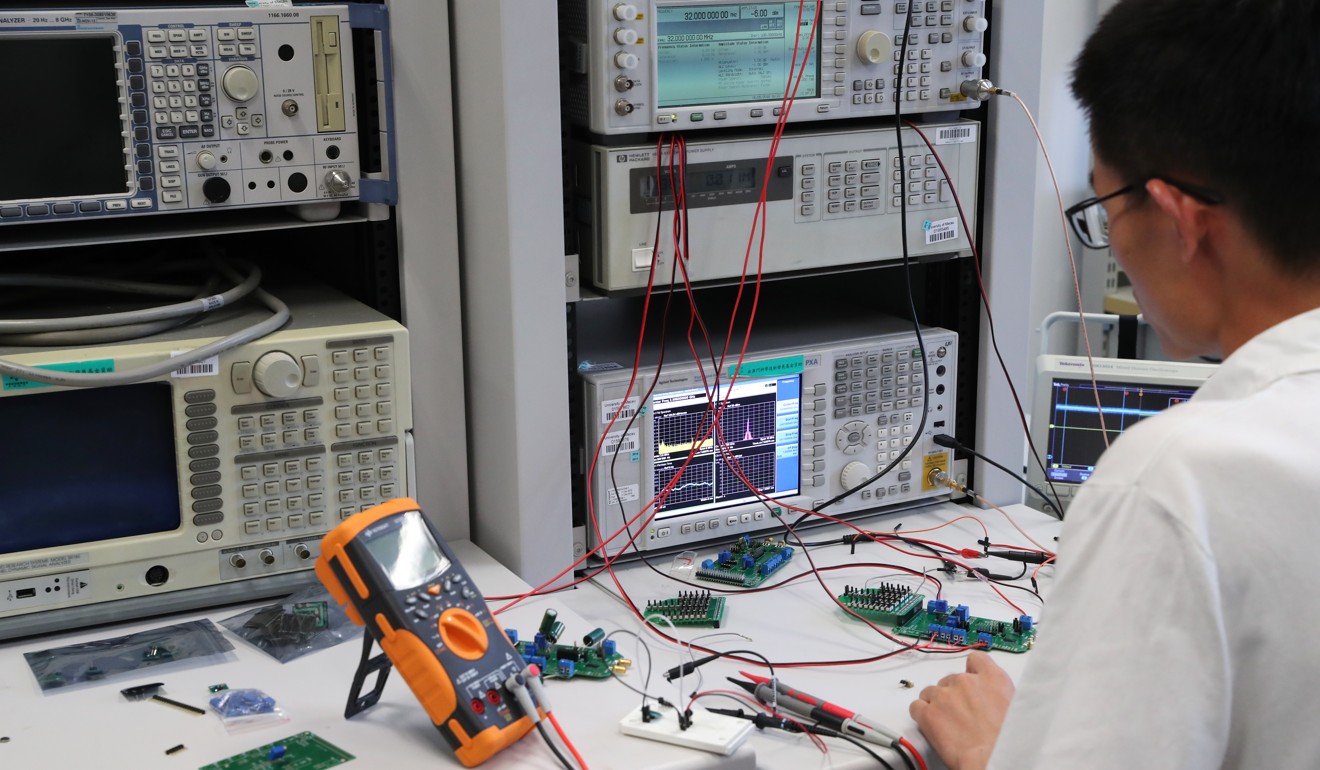
“We hope with this system [of training], with some time, the know-how will be in China … In 10 years’ time, probably you don’t need to import from the United States,” the 61-year-old said in a rare interview.
There is more to the China-US trade war truce than meets the eye
Martins believes that in time, Macau could change the balance of power between China and the US.
“In Silicon Valley, electronics were not created overnight, it took a few decades for them to develop … Now they are leaders and they dominate the technology over there. But I think that in the future, this can also happen in China,” he said.
He also said that since 2011, the micro-electronics lab, precisely of analogue and mixed signal VLSI, has been one of the Asian institutions with the most inventions at the IEEE International Solid-State Circuits Conference, also known as the “Chips Olympics”, in San Francisco.
Its researchers’ inventions in the past two years include two chips that can help a smartphone to charge another smartphone’s battery wirelessly.
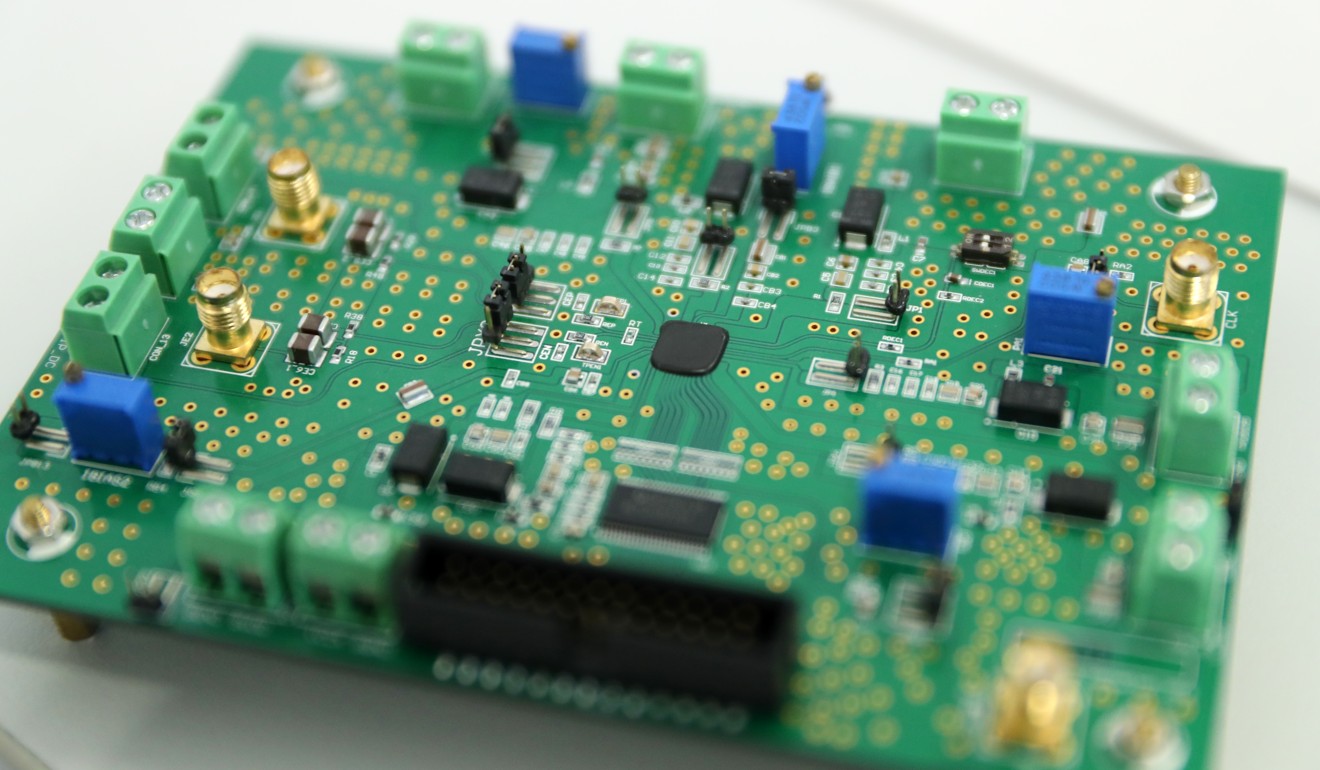
Martins also said it was the quality of Macanese researchers and the local government’s support that prompted him to stay after Macau was handed over from Portuguese rule in 1999. He revealed that since 2011, the city’s science and technology development fund had been granting his laboratory US$1.2 million to US$2.5 million a year.
In comparison, the University of Hong Kong’s state laboratory on emerging infectious diseases has been receiving US$637,000 annually from the city’s government.
Yet, Martins also hopes that the Macau government can follow in Hong Kong’s footsteps by spending more on research and development (R&D).
Lack of innovation and incentives holding back Hong Kong from becoming a smart city
According to the World Bank, Macau’s expenditure on R&D accounted for only 0.13 per cent of the city’s GDP in 2015.
“Hong Kong in that respect is following the right path; Macau, although the investment is good, still needs to increase,” Martins said.
Similarly, the city government’s support was a key reason Professor Wang Yitao left the Hong Kong University of Science and Technology in 2001 to help establish the University of Macau’s state-level Chinese medicine laboratory in 2010.
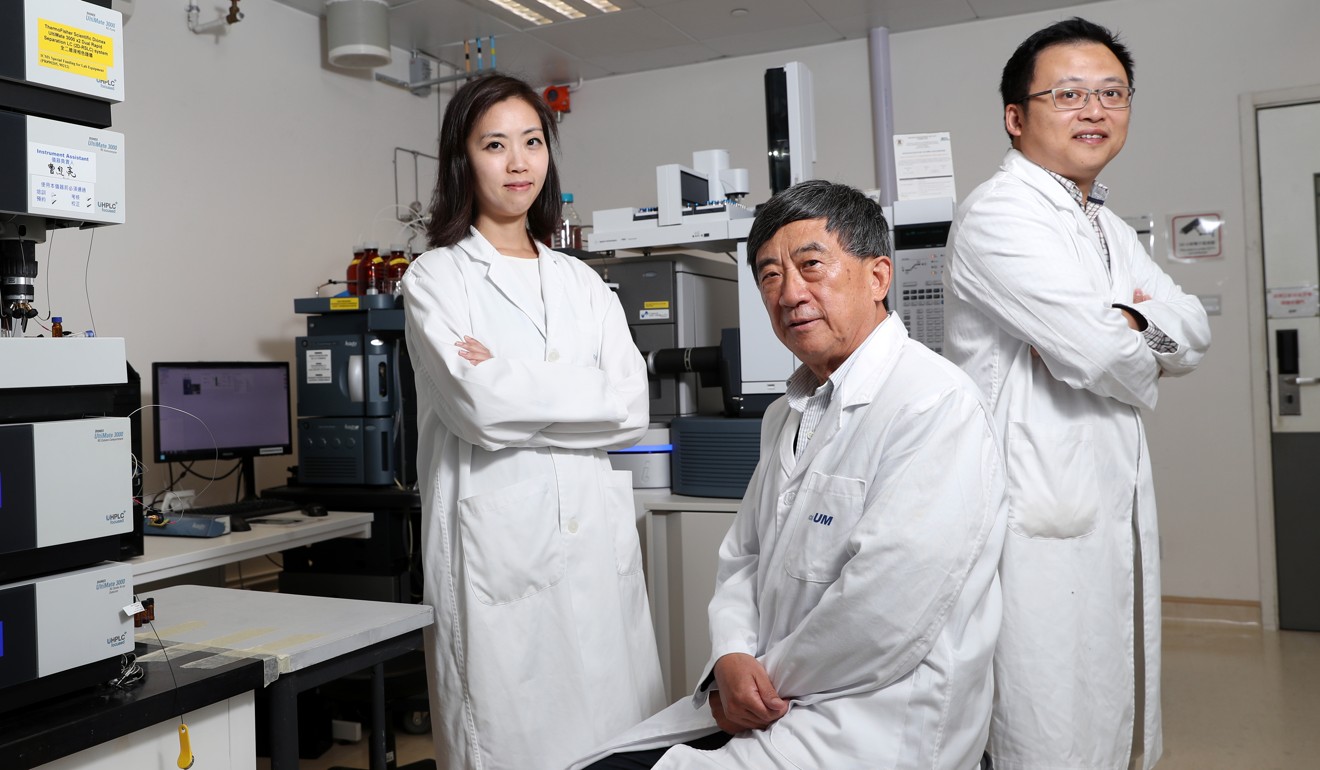
Wang said he felt that since he had come to Macau, the city’s government had been “promoting Chinese medicine as one of its top priorities”, alongside tourism and gaming, as well as the cultural and creative industries.
“I feel that I did not come in vain … Why was the State Key Lab on Chinese medicine set up in Macau, not Hong Kong? It was because of special reasons: the Macau government’s support, and our fine young [researchers],” he said.
“There are too many points for Hong Kong to develop, while … Macau adopted a relatively pragmatic principle, which was to ask: ‘What can I do?’”
In November last year, Chinese medicine was named by Macau Chief Executive Fernando Chui Sai-on as one of the “nascent industries” supported by the government.
The government would “leverage the technological strengths of State Key Laboratories to transform original science and technology research results into traditional Chinese medicine products,” Chui said.
In Hong Kong, scientists had long complained of being denied grants from Beijing, even when working with mainland counterparts.
Funding that drove China’s tech rise now available to Hong Kong scientists
Both Martins and Wang welcomed the initiatives, but they said that instead of a funding shortage, it was technology transfer, or turning research papers into products, that had been their biggest challenge.
To tackle the problem, Wang’s laboratory has been collaborating with biotech companies in the Guangdong-Macau Traditional Chinese Medicine Science and Technology Industrial Park in the Hengqin free-trade zone in the mainland city of Zhuhai.
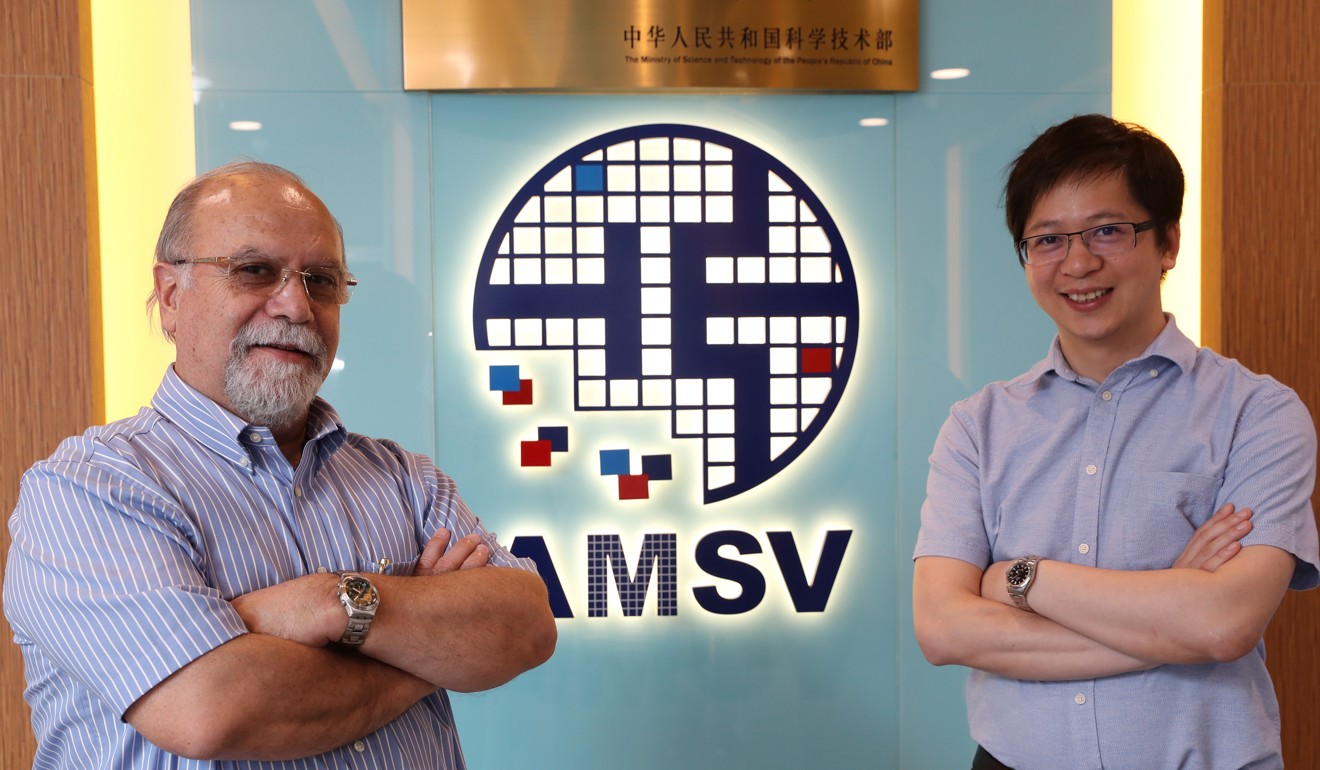
Martins’ micro-electronics lab has also been trying to transfer technology by cooperating with mainland companies such as HiSilicon, a subsidiary of tech giant Huawei.
“We hope that in the coming years, some other possible spin-offs will appear in China,” he said.
Martins said one of the university’s top priorities now was to prepare for the launch of its smart city lab by the year’s end.
China’s failed Long March 5 rocket ‘choked to death’, but space mission expected to resume this year
Beijing officials this year also expressed support for the Macau University of Science and Technology’s application for its lunar and planetary science lab to be recognised as a State Key Laboratory. The central government is expected to issue its official approval this year.
The lab’s director Professor Chan Kwing-lam said his institution had been working with the Chinese Academy of Sciences on analysing data obtained from Beijing’s lunar exploration programme.
“When the status of [the lab] is officially elevated … the laboratory will act as a platform to promote international collaboration in planetary exploration.”
Macau University of Science and Technology president Liu Liang also said he hoped there could be more collaboration among scientists in Macau, Hong Kong and mainland China.
Liu is a co-director of Macau’s state-level Chinese medicine laboratory.


